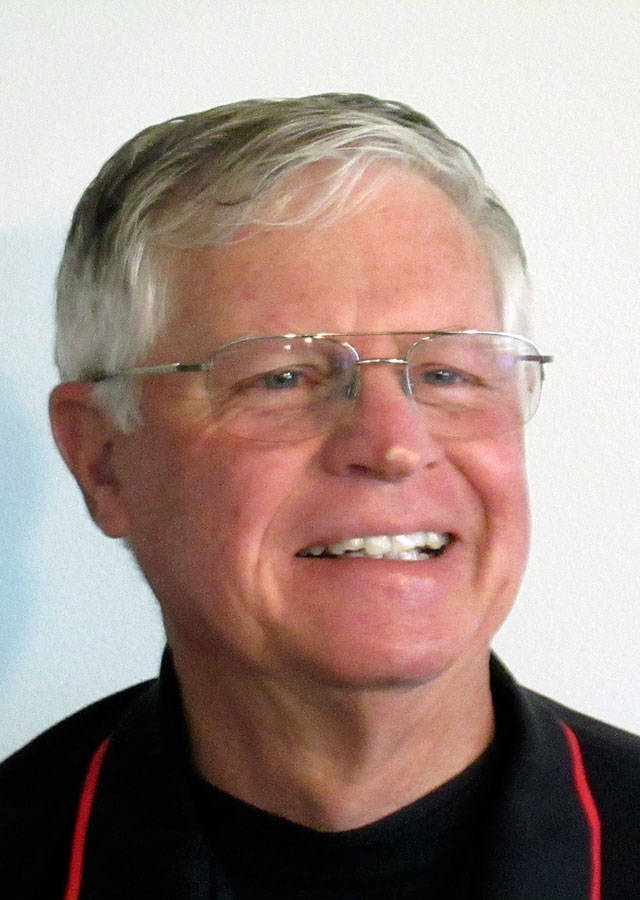By CLAYTON CANFIELD
On Monday, Sept. 11, 2017, a number of Vietnam veterans met at a temporary meeting place in Langley to organize a discussion group. It was decided that the purpose of the group would not be “therapy,” but rather a forum to exchange stories about their various experiences during the Vietnam conflict. A secondary purpose is to exchange information regarding assistance from the Veterans’ Administration, although this is definitely not the primary purpose.
The group is sponsored by the Whidbey Veterans’ Resource Center, which operates out of the lower level of the Bayview American Legion. Individuals who served in the Vietnam theater, who are interested in participating in the group in any way, are encouraged to contact the WVRC for information on meeting location, dates and time. That phone number is 360-331-8081.
As a Vietnam veteran myself, I can tell you that relating my experiences to non-Vietnam veterans is an exercise in frustration, and I have over the years eliminated combat experiences from my repertoire of discussion topics. People who have not been to Vietnam or have not been involved in combat are absolutely oblivious to what you have been through and clearly do not understand. This is not a knock on them. It’s just a fact.
In recent years our society has begun to express support for veterans and military personnel, recognizing that they are sacrificing a considerable amount of their lives and emotional well-being, and some even their life itself. I assume this is partially a reaction to the much-publicized incidents during the Vietnam War where military personnel were heckled, and even spit on when arriving home. Although our society has in recent years paid lip service to recognizing veterans and supporting them, there has been very little in terms of political or legislative support for them, except for sporadic, localized grass-roots efforts.
Although I find this aspect of society somewhat comforting, it does nothing to mitigate the lasting emotional trauma from the way we were treated when we returned from Vietnam. In my opinion, the only thing that might alleviate that trauma would be for the individuals who heckled and spit on returning veterans to apologize for their actions directly to the Vietnam veterans, either in person or publicly through the media. I suspect this is something that those who engaged in heckling or spitting do not have the courage or intestinal fortitude to accomplish.
It is very encouraging to see more support of veterans in our society. There are several organization on Whidbey Island that provide support, but more is needed, and there are still many veterans who have not stepped up to accept that support. The Vietnam Veterans Discussion Group is an excellent start in that direction.
Editor’s note: Canfield is a former Marine Corps captain and helicopter pilot, and is president of the Whidbey Veterans Resource Center



